By Miguel Bojorquez, NERC Reliability Specialist
In recent years the bulk power system has seen the generation mix significantly transform. Inverter-based resources such as wind, solar, PV, battery energy storage systems, and hybrid plants have seen a substantial growth and with it, potential reliability risks have been exposed. A joint NERC and Texas RE staff report was recently published titled Panhandle Wind Disturbance where two wind specific resource disturbance events were analyzed. In this report, NERC highlights the need for enhanced quality data for a more comprehensive event analysis and reiterates its industry recommendations as found in previous inverter-based resource event analysis reports.
Both system fault events occurred on March 21, 2022 approximately 31 minutes apart and were isolated events. Each system fault event experienced an unexpected reduction in power output from various wind plants with an event caused frequency drop. The analysis found several causes of reduction in power output in each event. Some of the noted causes of the reduction in power output are consequentially tripped, plant controller interactions, AC overvoltage tripping, dynamic active power reduction, subsynchronous oscillation tripping, pitch converter faults and uninterruptible power supply failure.
The report discusses how the data analyzed for these two events provided a more comprehensive analysis of each site during the events. The data analyzed for these two events was significantly enhanced as compared to previous events of this type. Some data obtained for analysis was collected from high -resolution oscillography data at the Point of Interconnection, phasor measurement units, and high-resolution SCADA data. Some sites had ultra-high resolution sampling data available at the turbine level that was vital in the Subsynchronous Resonance risk analysis. NERC Reliability Guideline: BPS-Connected Inverter-Based Performance has been provided to industry, wherein Chapter 6 NERC outlines recommended measurement data, resolution, and retention. With such quality data and sufficient retention, a more detailed analysis can be completed to arrive at the potential cause and even provide mitigating actions.
In the report, NERC makes two recommendations for industry action. NERC reaffirms the need to overhaul PRC-024 with an enhanced ride-through requirements. NERC found that although the plants are meeting the minimum voltage and frequency requirements of PRC-024, several resources still fail to ride-through disturbances. Also recommended, is the need for a “Performance Validation” standard. NERC believes there is inaccuracies in the dynamic models of inverter-based resources as the tripping causes in the two wind disturbance events cannot be accurately modeled. Performance validation focuses on comparisons of actual response to expected response based on interconnection requirements and performance expectations.
In summation, the inverter-based resource events analyzed in the joint NERC and Texas RE staff report are wind disturbances, but these types of events have been experienced over several other types of inverter-based resources. Other inverter-based disturbance events have been analyzed and are available for review at the NERC Major Event Analysis Reports page. There has been a great contribution from the ERO, Regions, inverter-based owners, and inverter-based manufacturers in the mitigating efforts to ensure a reliable bulk power system.











